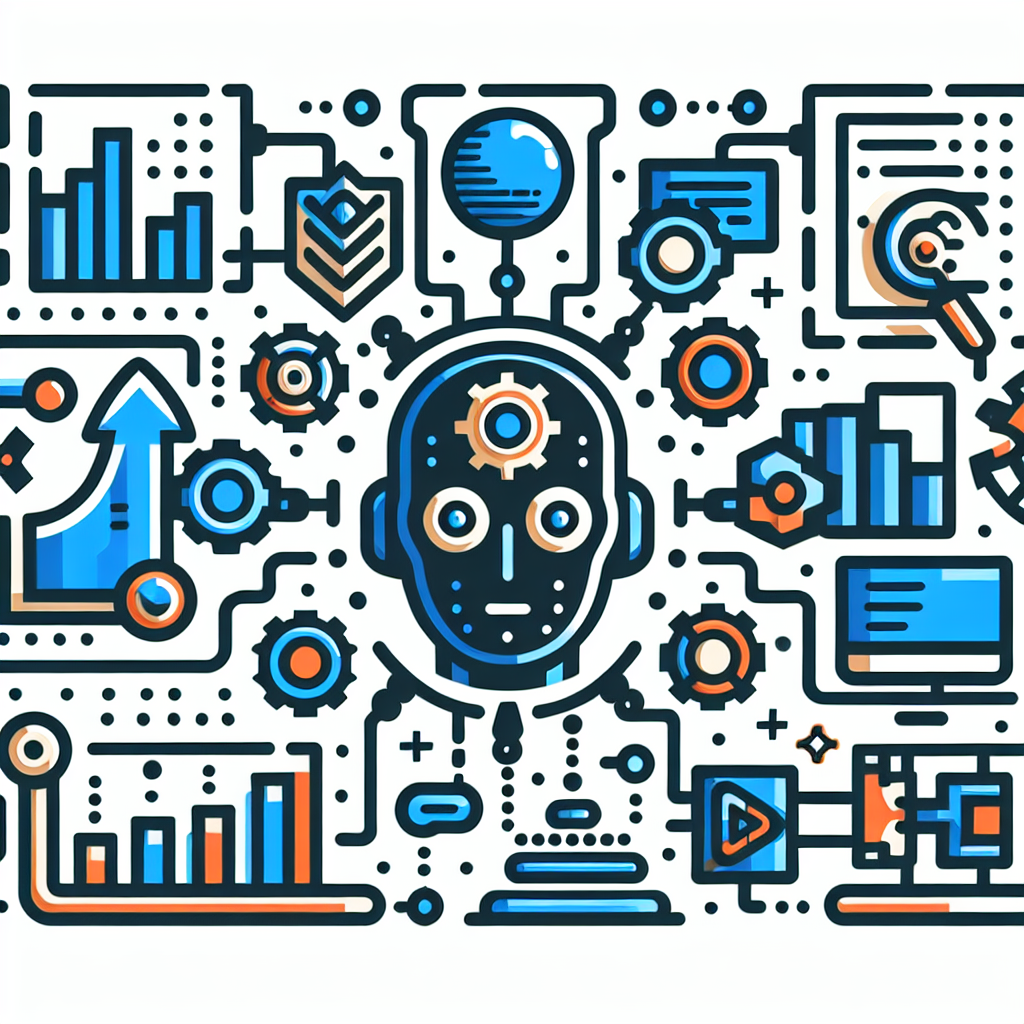AI-powered project management is revolutionizing the way organizations plan, execute, and monitor their projects. By leveraging artificial intelligence and machine learning technologies, project managers can now automate repetitive tasks, predict potential risks, and make data-driven decisions to ensure successful project delivery. In this article, we will explore some case studies and success stories of organizations that have adopted AI-powered project management tools and the benefits they have realized.
Case Study 1: NASA’s Mars Rover Mission
NASA’s Mars Rover mission is a prime example of how AI-powered project management can be used to achieve extraordinary results. The mission involved sending a rover to Mars to explore the planet’s surface and collect valuable data. With numerous variables to consider, including the rover’s navigation, communication with Earth, and data collection, the project was complex and challenging.
To ensure the success of the mission, NASA used AI-powered project management tools to streamline its processes and optimize its resources. By analyzing data from previous Mars missions, the AI system was able to predict potential risks and suggest mitigation strategies. It also automated repetitive tasks, such as scheduling and resource allocation, allowing the project team to focus on higher-level strategic decisions.
As a result, the Mars Rover mission was completed successfully, with the rover sending back valuable data that has helped scientists better understand the planet’s geology and climate. The AI-powered project management tools not only helped NASA achieve its goals but also reduced costs and improved efficiency, making it a shining example of the power of AI in project management.
Case Study 2: Siemens’ Smart Factory Initiative
Siemens, a global leader in industrial automation, embarked on a smart factory initiative to modernize its manufacturing processes and improve efficiency. The project involved upgrading its production facilities with AI-powered sensors and analytics software to monitor and optimize production in real-time.
By leveraging AI-powered project management tools, Siemens was able to track key performance indicators (KPIs) and identify bottlenecks in its production processes. The AI system analyzed data from the sensors to predict equipment failures and suggest preventive maintenance actions, reducing downtime and improving overall productivity.
The smart factory initiative was a resounding success, with Siemens reporting a significant increase in production efficiency and a reduction in operating costs. The AI-powered project management tools played a crucial role in ensuring the project’s success, demonstrating the value of AI in optimizing complex industrial processes.
Case Study 3: Uber’s Dynamic Pricing Algorithm
Uber, the ride-hailing giant, relies on a sophisticated AI-powered project management system to optimize its pricing strategy and match supply with demand in real-time. The company uses machine learning algorithms to analyze data from its drivers and passengers, as well as external factors such as traffic patterns and weather conditions, to adjust prices dynamically.
By leveraging AI-powered project management tools, Uber is able to maximize its revenue while ensuring a seamless experience for both drivers and passengers. The system automatically adjusts prices based on demand, incentivizing drivers to pick up passengers in high-demand areas and ensuring a steady supply of vehicles for customers.
The dynamic pricing algorithm has been a game-changer for Uber, allowing the company to increase its profitability and maintain its competitive edge in the ride-hailing market. The success of Uber’s AI-powered project management system serves as a testament to the transformative power of AI in optimizing business operations.
FAQs
Q: What are the benefits of AI-powered project management?
A: AI-powered project management offers several benefits, including automation of repetitive tasks, predictive analytics for risk management, and data-driven decision-making. It can also improve efficiency, reduce costs, and enhance project outcomes.
Q: How can organizations implement AI-powered project management?
A: Organizations can implement AI-powered project management by investing in advanced project management software that incorporates AI and machine learning technologies. They can also train their project teams on how to leverage these tools effectively.
Q: Are there any risks associated with AI-powered project management?
A: While AI-powered project management offers numerous benefits, there are also risks to consider, such as data privacy concerns, bias in algorithms, and potential job displacement. Organizations should address these risks proactively to ensure the successful implementation of AI-powered project management.
In conclusion, AI-powered project management is transforming the way organizations plan, execute, and monitor their projects. By harnessing the power of artificial intelligence and machine learning, project managers can streamline their processes, optimize resources, and achieve better outcomes. The case studies and success stories highlighted in this article demonstrate the significant impact that AI-powered project management can have on organizations across various industries. As AI continues to evolve, we can expect to see even more innovative applications of AI in project management, driving efficiency, productivity, and success.

